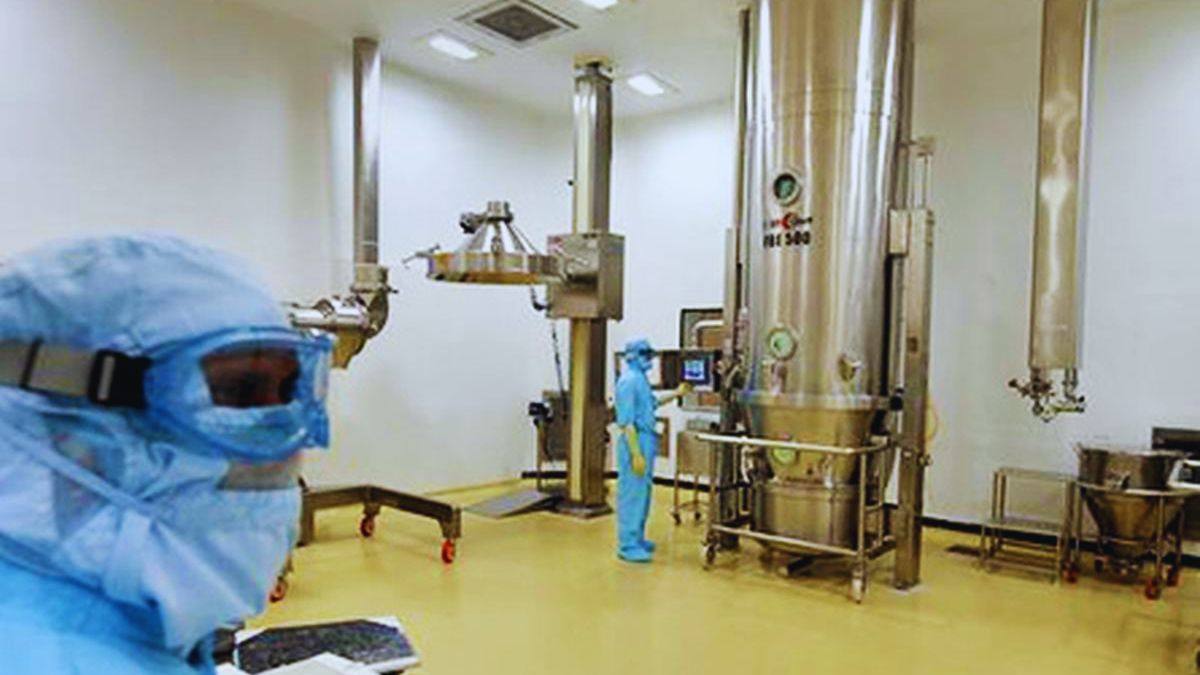In January, the Union Health Ministry issued revised rules under Schedule M of the Drugs and Cosmetics Rules, 1945, with the goal of ensuring robust quality control for pharmaceutical and biopharmaceutical products.
The revised Schedule M notifies the rules for ensuring GMP compliance as well as requirements for pharmaceutical product premises, plants, and equipment, prescribing Good Manufacturing Practices (GMP) for pharmaceutical products.
On Saturday, the Ministry of Health and Family Welfare (MoHFW) notified the Gazette of India of the revised rules under Schedule M of the Drugs and Cosmetics Rules, 1945, with the goal of improving quality compliance. Schedule M specifies good manufacturing practices (GMPs) for pharmaceutical products.
The revised Schedule M includes several major changes, including the implementation of a pharmaceutical quality system (PQS), quality risk management (QRM), product quality review (PQR), equipment qualification and validation, and a computerized storage system for all drugs.
After consulting with the Drugs Technical Advisory Board, the Central Government notified the Drugs (Amendment) Rules, 2023, as revised. The Central Government has notified the revised Schedule M as rules to ensure good manufacturing practices as well as requirements for pharmaceutical premises, plants, and equipment. Speaking on the notification of revised Schedule M, Sudarshan Jain, Secretary-General of the Indian Pharmaceutical Alliance (IPA), stated that the revised regulations will help ensure compliance with international quality standards, benefiting both patients and the industry by encouraging the production of safe, effective, and high-quality drugs.
“The focus on risk management, qualification and validation of equipment, and self-inspection will be a vital contribution to ensuring compliance with global standards,” he said.
Earlier in August, the Ministry set a six-month deadline for small manufacturers and 12 months for large units to obtain World Health Organization-Good Manufacturing Practices (WHO-GMP) certification. Schedule M of the Drugs and Cosmetics Act of 1940 specifies the requirements for facilities and their maintenance, personnel, manufacturing, control, safety testing, material storage and transportation, written procedures and records, and pharmaceutical product traceability.
Schedule M was first introduced in 1988, encompassing standards for materials, methods, machines, processes, personnel, and facilities. The revised rules are the first changes to the Drugs and Cosmetics Rules since June 2005.
Thirteen parts of the revised Schedule M provide GMP guidelines for the specific requirements of pharmaceutical drug manufacturing. The revised rules include five new drug categories not covered by the original rules.
Disclaimer: The WFY website aims to share experiences, opinions, and information on various topics. However, it is important to note that the author of this blog does not possess any professional authority or expertise, especially in subjects related to health, medical advice, or legal matters.
The information provided on this website is based on personal experiences, research, and general knowledge. While we strive to provide accurate and up-to-date information, we cannot guarantee the completeness, reliability, or accuracy of the content. Therefore, any action you take based on the information found on this blog is at your own risk.
The contents of this blog should not be considered a substitute for professional advice or consultation from experts in the respective fields. If you require specific advice or assistance, we strongly recommend consulting with a qualified professional.
The WFY (website) and its author will not be liable for any errors, omissions, or any losses, injuries, or damages arising from the use or reliance on the information presented on this blog. It is your responsibility to verify any information obtained from this blog and to use it at your own discretion.
Please note that the opinions expressed in the articles and comments on this blog are those of the respective authors and do not necessarily reflect the views of the website owner or any associated individuals.
By using this website, you acknowledge and agree to the above disclaimer. If you do not agree with this disclaimer, please refrain from using this website.
